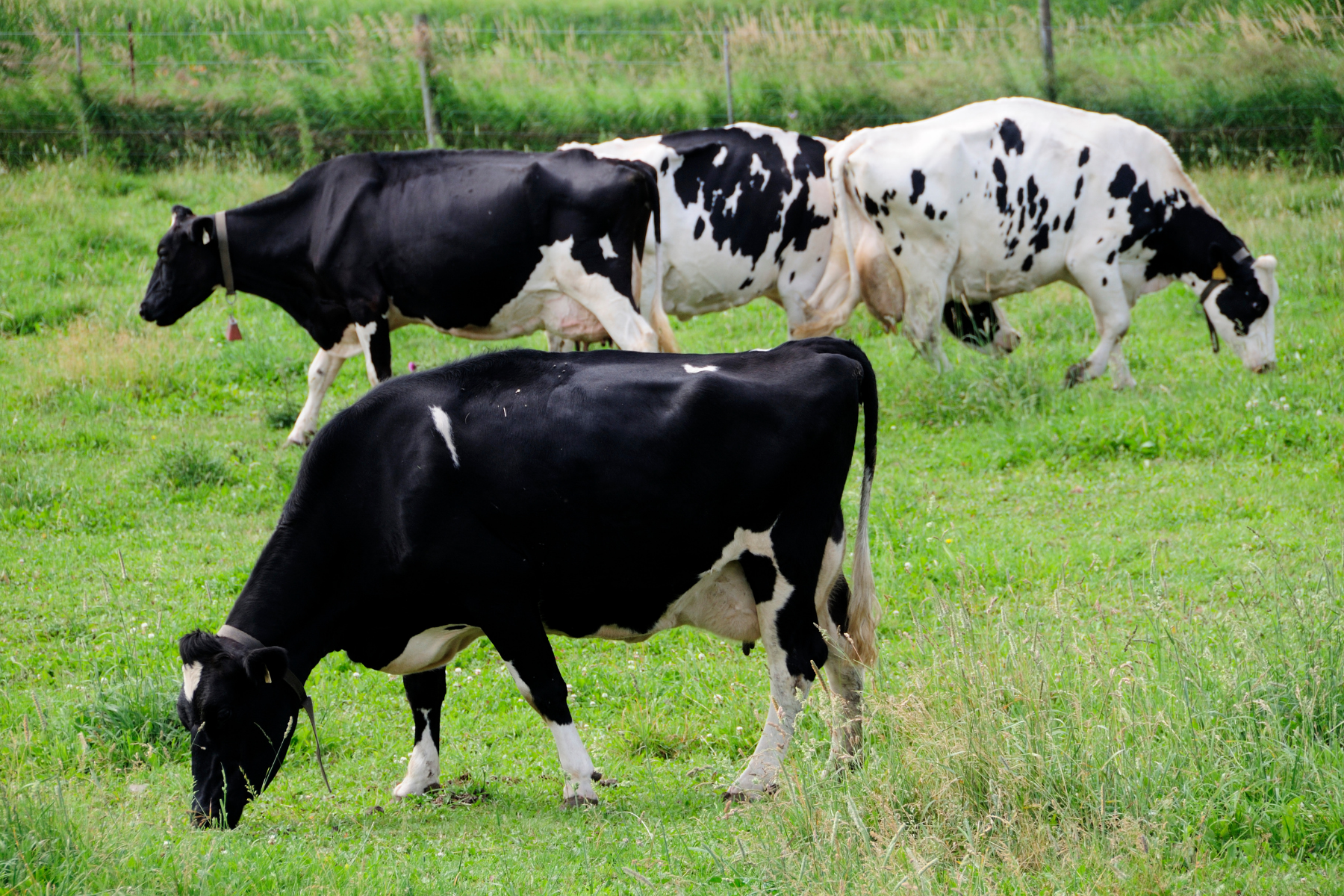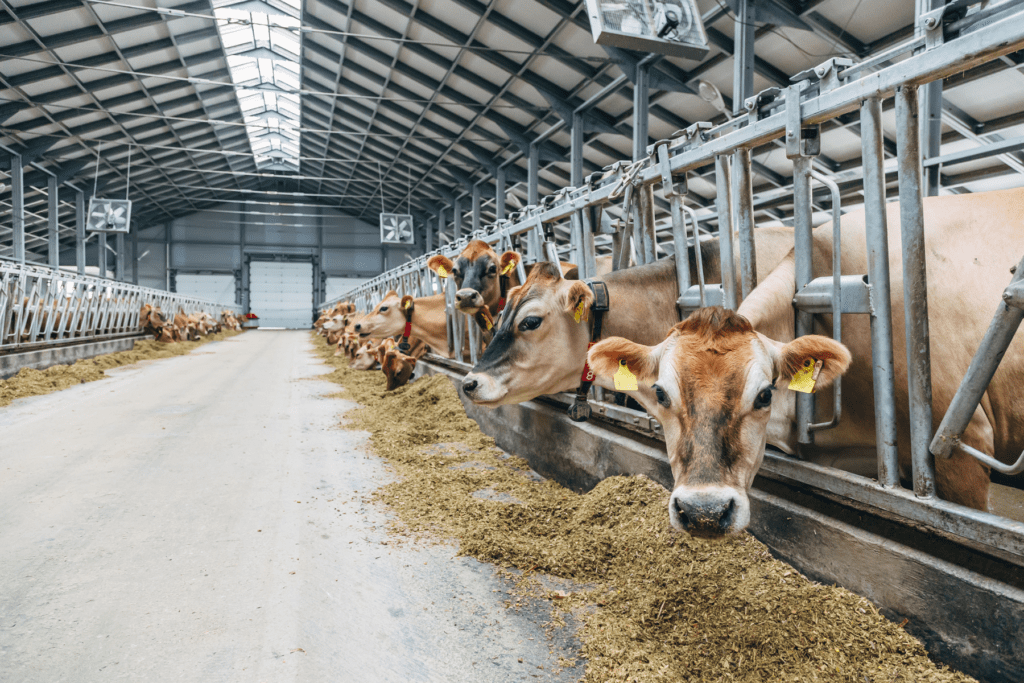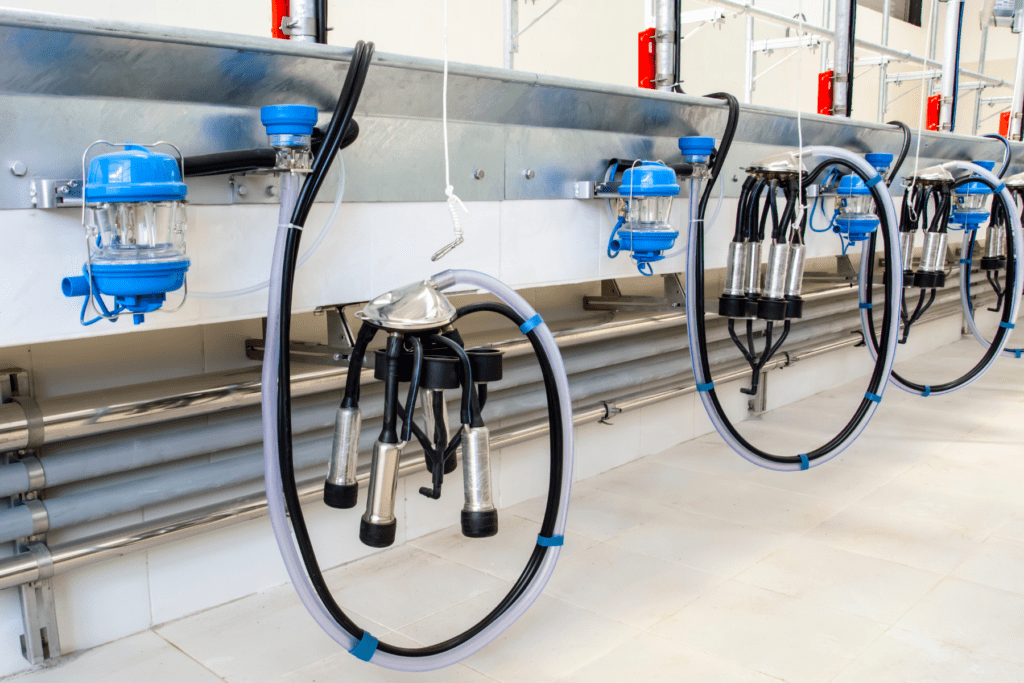 Animal welfare is increasing in importance in agricultural systems in many countries around the world. As the 13th edition of the IDF Animal Health Report is released, Louise Winblad of Växa Sverige reflects on why information on animal welfare should be communicated globally, and shares details on some of the case studies included in the latest issue.
Animal welfare is increasing in importance in agricultural systems in many countries around the world. As the 13th edition of the IDF Animal Health Report is released, Louise Winblad of Växa Sverige reflects on why information on animal welfare should be communicated globally, and shares details on some of the case studies included in the latest issue.
The latest edition of IDF’s Animal Health Report is dedicated to animal welfare, an important and complex topic where the level of acceptance to a large extent is in the eye of the beholder. While perceptions of animal welfare differ between countries according to history, tradition and culture, an animal’s own perspective is always subjective and independent of geography or historical practices; linked to addressing the essentials for life in the first instance and beyond this, the availability of improved living conditions. In providing for an animal’s needs, we need to reflect consistency in their care and welfare standards, irrespective of cultural diversity.
Good animal welfare: best for animals, but also good for farmers
The sharing of knowledge, best practice and systematic approaches for the improvement of animal welfare globally is very important for multiple reasons. Animal welfare and animal health are intrinsically correlated. It is quite clear that there is a strong link between animal welfare and overall efficiency in the production chain. In short, healthy animals mean lower costs and less work effort. As animal welfare becomes a growing concern affecting acceptability of agricultural systems in many countries around the world, good standards of animal welfare builds trust with consumers and consequently increased sustainability in dairy production.
Rapidly changing sector
In showcasing exemplary examples of good animal welfare across borders, the IDF Animal Health report number 13 is an important reference tool, showcasing how the sector promotes the implementation of good animal welfare practices in dairy production. Amongst the topics discussed are:
Assessing Welfare
Welfare assessments are mainly performed to reduce the risk for poor welfare by assessing absence or presence of negative welfare indicators. In this edition, the assessment of positive welfare indicators on research is presented. New technology is also of great importance in welfare assessments, with for example automatic behavioural analysis.
The importance of stockmanship
One of the most important consumer concerns in the dairy production is early cow and calf separation and rearing of calves. In this edition, you will find the latest research on both alleviating stress at separation and on investigating possibilities for keeping cow and calf together. Lameness is another leading issue in the dairy production, and economic incentives for regular claw trimming is discussed as one cornerstone in the preventive work for healthy claws in Sweden.
Looking ahead to aid healthy outcomes
Pre-emptive work for healthy animals includes a wide range of measures from increasing water access for the cows to advanced technical solutions for automatic registration of body condition, locomotion and growth. Important is also development of new advisory services with for example health planning, as well as working with models for controlling mastitis in the developing world.
IDF Animal Health Report number 13 includes details on 17 projects from nine different countries to share knowledge and as a follow up of the updated IDF Guide to Good Animal Welfare in Dairy Production 2.0. Download the report for free from the IDF website.









